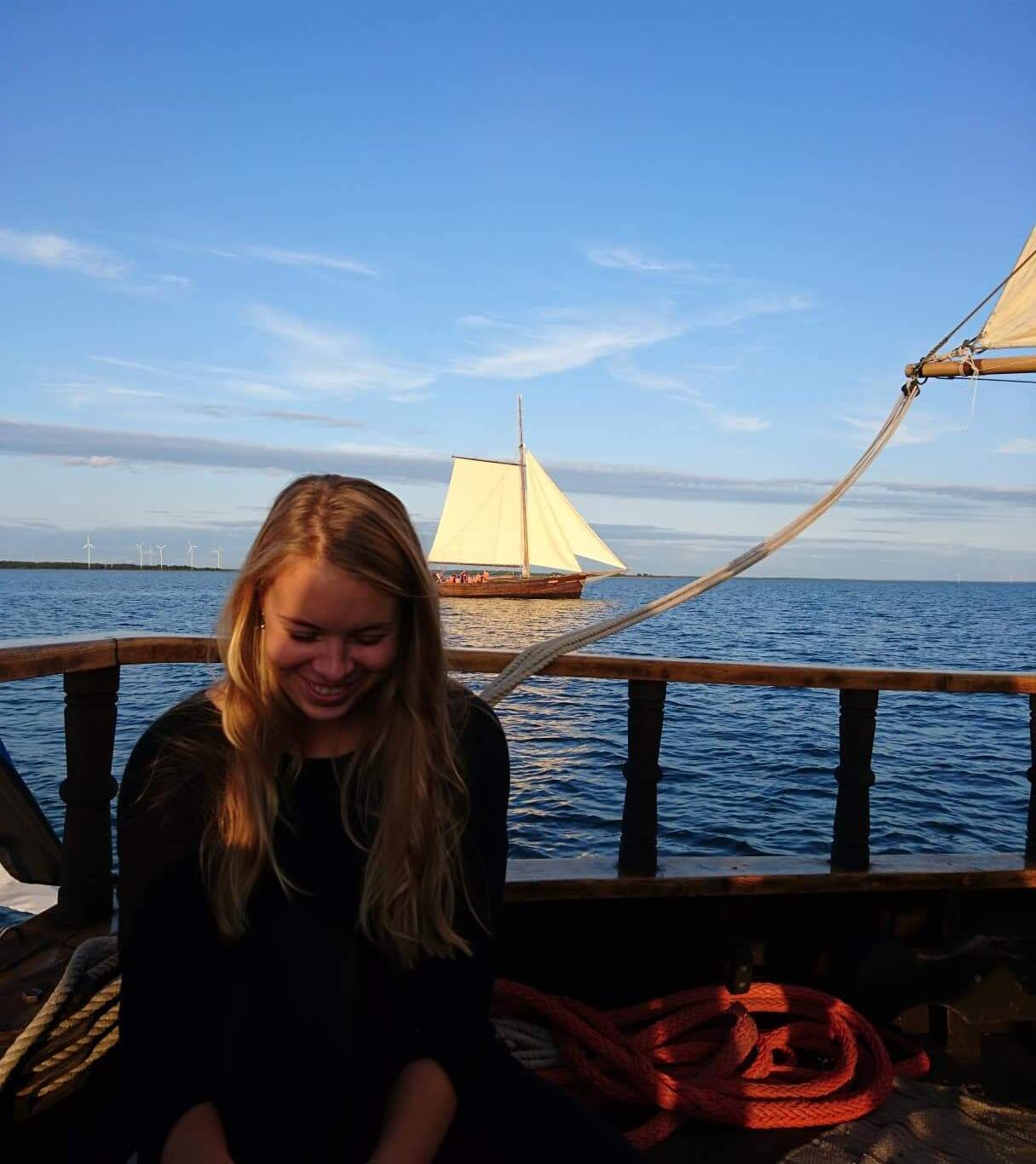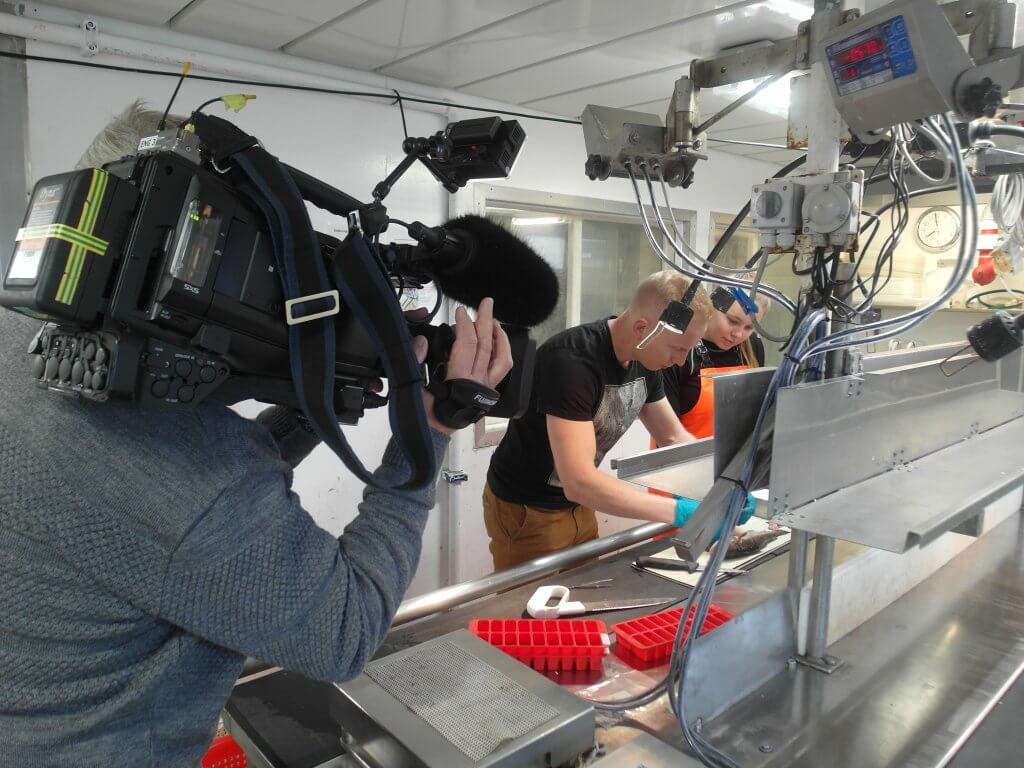SEAwise involves a team of researchers from 24 universities and research organisations across Europe. Coming from a range of backgrounds and disciplines, together they are working to build a new knowledge base for effective implementation of Ecosystem Based Fisheries Management (EBFM) in Europe. We recently spoke to a number of them about what drives them in this space, and what excites them most about their work within SEAwise!
How is EBFM important to you?
Right now, we are at the point where many fish stocks in the Baltic Sea are not doing all that well. For me, sustainability and managing any resource sustainably has always been very important. There is still a lot that needs to be learned from the past, and predicting future impacts and informing management is very important. Modelling traditionally looked at things from one perspective, but EBFM considers social, economic and environmental elements, which is essential when looking at the bigger picture.
Which aspects of EBFM interest you most, and why?
Under EBFM and looking at factors such as fish growth and recruitment (i.e. the number of fish surviving to adulthood), I am keen to explore what kind of information long-term changes in the environment, food web interactions, and outside stressors can provide us with. In turn, we can use this information to make future predictions or uncover the magnitude of any uncertainty within our data and our models. Understanding the overall system and what is going on allows us to synthesise this knowledge and inform better decisions. I am also fascinated by the bigger marine management picture and keen on accounting for the social and economic impacts of fisheries management.

How do you think your work in SEAwise will improve EBFM?
I am mainly working on the Baltic Sea Case Study and am part of the SEAwise work theme on the Ecological Effects on Fisheries. My efforts as part of this are largely focused on the growth and recruitment of Gulf of Riga spring spawning herring. My focus is on analysing the data and on the modelling, i.e. providing the outcomes and insights of this analysis. I hope this modelling will help inform EBFM and lead to positive ecological improvements in the Baltic Sea, for both nature and the people that live there.
What future work by SEAwise are you most excited by?
Put simply, I am really looking forward to seeing the end results and outcomes of the project, and realising the overall impact the project can achieve across Europe.

“A SEAwise highlight for me was having our first meeting face to face (after lots of online meetings), seeing everyone together in the same room at the same time and talking about our work was brilliant! It has been really interesting to see how it has all come together so far.”
Heli is a research fellow at the University of Tartu Parnu College. A fisheries scientist working on SEAwise’s Baltic Sea Case Study, Heli started her academic career in terrestrial ecology and biodiversity conservation, before moving on to marine biology. Her work is mostly on statistical modelling of marine ecosystems, looking at the how and why of long-term changes in fish and plankton populations. Her work evaluates trends in these population dynamics (positive or negative, their strength and changes over time); interactions between species; and predicts impacts on the environment. Beyond SEAwise, Heli also teaches research methods at Tartu University and is a program lead for the micro-degree in Resource Management.
Our dynamic network of fisheries stakeholders is key to SEAwise’s work. We are actively seeking representatives from key management agencies, the fishing sector, NGOs and the scientific community to take part in workshops and other in-person or online knowledge-gathering activities. The shared insights and lived experiences of network members will support the development of a comprehensive understanding of the needs and priorities of a diverse range of fisheries stakeholders, and how to fulfil these.
Stay up to date with SEAwise news and research, hear about upcoming events, and receive updates on fisheries news from across the European seascape.